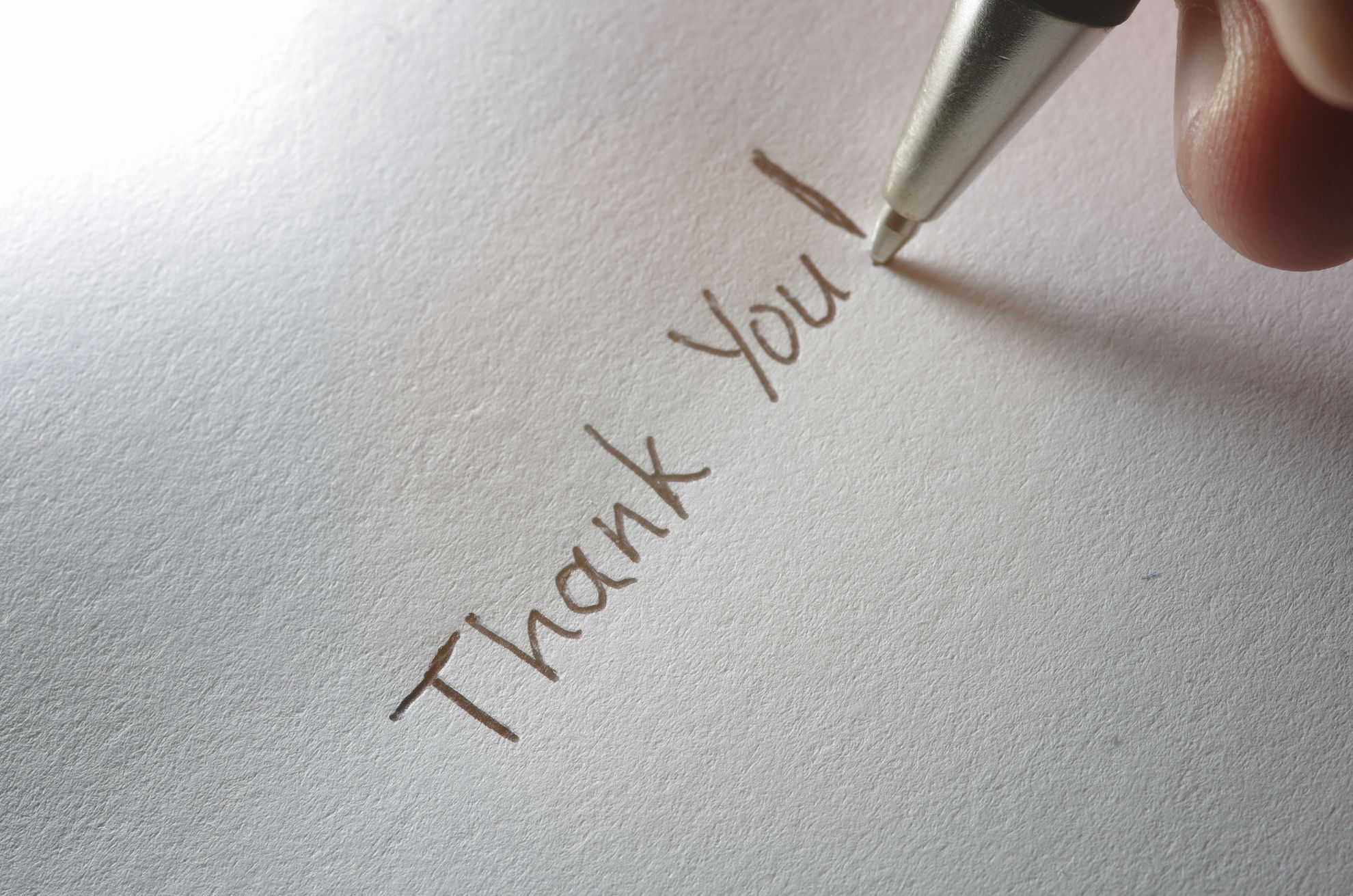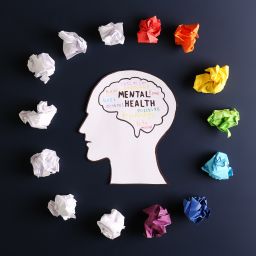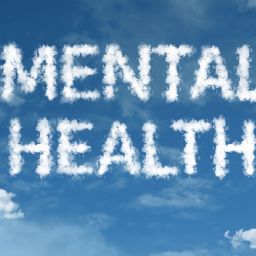Gratitude is the quality of being thankful and a readiness to show appreciation for, and to return, kindness.
Hopefully most people can relate to how good those feelings can be, when we spontaneously realise just how much we have already or what we now have due to the kindness of someone, whether they are a friend or a complete stranger.
In this series of blogs, therapist and mindfulness teacher Tony O’Shea-Poon talks about the physiology of gratitude (what happens in our brains and bodies when we feel gratitude), the benefits of gratitude and how we might express gratitude so that it starts to become our normal state.
How to practice gratitude
We may already say ‘thank you’ many times a day, for example when someone lets us into a lane when driving, when someone holds a door open for us or when someone hands us a file we’ve been waiting for. Saying ‘thank you’ can often be a reflex. We know that socially we’re supposed to do it and we react as we’re supposed to. Sometimes we don’t even look at the person we’re thanking or really think about what it is we’re grateful for.
On the other hand, when someone does something really big for us, we can become embarrassed and tell them that it’s too much, they shouldn’t have done it or bought it for us. Sometimes we can even feel, consciously or subconsciously, that we don’t deserve it.
But expressing gratitude meaningfully, even if it feels awkward at first, can really enhance our feelings. It can soon become more natural as those new neural pathways begin to fuse together.
5 ways to practice gratitude
1. Express it to ourselves
A research study worked with three groups. The first group wrote a journal about their difficult thoughts and feelings, the second group had counselling and the third group wrote letters to themselves expressing what they were grateful for. The group that wrote letters to themselves reported better mental health. But writing letters to ourselves isn’t the only way to express self-gratitude. Here’s some other ideas of how we can express self-gratitude:
- Remind ourselves when we wake up that we are alive and are fortunate enough to have another day to live.
- Notice what we can do physically and be grateful for our bodies.
- See all of our possessions every day and be thankful for the abundance we have.
- Recognise our skills and abilities and be grateful for all that our minds can do for us, including at work.
2. Notice our tendency to react habitually
When someone shows us some kindness, in deeds or in words, we can start to bring our awareness to how we are reacting to that event. If we do say ‘thank you’ hastily, what does that do to our bodies and minds? We can instead slow down and notice what is arising in us and, rather than react, think about how best to respond. When we start to practice this, at first we might not notice our reaction until sometime after the event has passed. Soon enough, we start to notice our reactions immediately after the event and then during the event itself, until eventually we learn to not react at all but to create a moment of awareness that allows us to respond more appropriately.
3. Be specific and make a point of it
When we feel even a small amount of gratitude towards someone, we can stop for a moment and take note. We can think about and name the thing that we feel grateful for. When we do that, we can be more specific about what it is we are actually feeling good about and we can feed that back to the person who was kind to us. Only when we know specifically what we are grateful for do we say ‘thanks’. It will come across as much more genuine and we will gain from the feelings we generate.
4. When things go wrong, find something good
Things do go wrong – at home, at play and at work – that is an inevitable part of life! We all experience pain and suffering at some time or other. But we don’t have to allow this to overwhelm us. In the worst possible situations, there is always something to be grateful for:
- If we have a serious accident, we might still be alive – that’s something to be thankful for.
- If we have no money, we might still have food – that’s also something to be thankful for.
- If we don’t enjoy our work, we can still recognise that we have a job and have colleagues to work with.
- When we are noticing all the things that a person is doing to annoy us, we might also notice that they also make a valuable contribution to our lives in other ways.
Getting our mind to work like this takes practice. But it makes us much happier and changes the way we communicate and are perceived by others, affecting others’ behaviour in turn.
5. Meditate on gratitude
Bringing us back full circle to mindfulness, as well as practicing gratitude in our daily lives, we can cultivate gratitude more formally through a regular mindfulness meditation practice. As we sit, lie or stand to meditate, we notice our body and health and ability to concentrate and generate feelings of gratitude. Whatever our experience in the meditation, we can be grateful that we have discovered the practice and can gain benefit from it. As we sit in a circle, we can look kindly on others and be grateful for their presence to support us in our practice.
These are just a few ideas for ways to practice gratitude. There are bound to be many more that you can think of. The more that we practice the more benefit we can obtain, at home, in our social lives and in the workplace. The more that we practice, the easier it becomes as we strengthen neural pathways and our appreciation and kindness become second nature. As we practice, we know that we are benefiting ourselves, benefiting our relationships and benefiting the whole of humanity.
If you have enjoyed Tony’s four part series on Gratitude, he can work with you to bring mindfulness into your workplace. We offer one-off mindfulness taster classes, relaxation classes and mindful movement classes and the following courses/workshops:
- Mindfulness for Workplace Resilience – 8 hour course, normally delivered in 2 half days
- Mindfulness for Workplace Coaches and Mentors – 8 hour course, normally delivered in 2 half days
- Mindful Communication and Conflict Resolution – half day workshop
We can also tailor any of our classes or courses to meet your needs. Just get in touch.
















